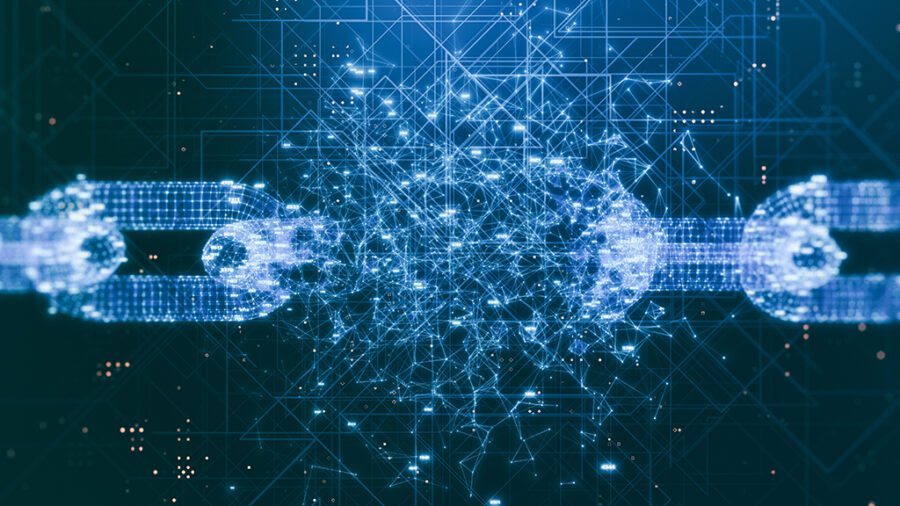Blockchain technology has emerged as one of the most transformative innovations of the 21st century, promising to revolutionize the way we conduct digital transactions and manage data. Originally devised for the digital currency presale token, blockchain is now finding applications in various industries beyond cryptocurrency. Here’s a deep dive into what blockchain is, how it works, and its potential impact on our future.
What is Blockchain?
Blockchain is a decentralized, distributed ledger technology that records transactions across multiple computers in such a way that the recorded data cannot be altered retroactively without the alteration of all subsequent blocks and the consensus of the network. In simpler terms, it’s a chain of blocks that contain information, and once data is recorded in a block, it’s extremely difficult to change it.
How Does Blockchain Work?
- Decentralized and Distributed: Blockchain operates on a decentralized network of computers (nodes), rather than a central server. Each node has a copy of the entire blockchain, making it distributed.
- Blocks: Data is stored in ‘blocks’ that are linked together in a chronological chain. Each block contains a timestamp and a link to the previous block.
- Consensus: Transactions are agreed upon by consensus among members of the network, typically through a process called mining or validation, which ensures the integrity of the blockchain.
- Security: Cryptography secures the data within each block, making it nearly impossible to alter retroactively.
Applications of Blockchain
1. Cryptocurrency
Blockchain gained popularity with Bitcoin, the first cryptocurrency, but now supports thousands of cryptocurrencies. It enables secure, transparent, and efficient transactions without the need for intermediaries like banks.
2. Supply Chain Management
Blockchain can track goods as they move through the supply chain, providing transparency and traceability, reducing fraud, and optimizing logistics.
3. Financial Services
Beyond cryptocurrencies, blockchain is being used for faster and more secure cross-border payments, smart contracts, and even tokenization of assets.
4. Healthcare
Blockchain ensures the security and privacy of patient data, tracks the provenance of drugs, and manages clinical trials.
5. Smart Contracts
Self-executing contracts with the terms of the agreement directly written into lines of code. They automatically execute and enforce the terms when certain conditions are met.
6. Real Estate
Blockchain can streamline property transactions, reduce fraud, and enable faster and more transparent transactions.
Future of Blockchain
The potential applications of blockchain are vast and continue to expand. Industries are exploring its use to improve efficiency, transparency, and security in various processes. However, challenges such as scalability, regulation, and energy consumption must be addressed for broader adoption.
